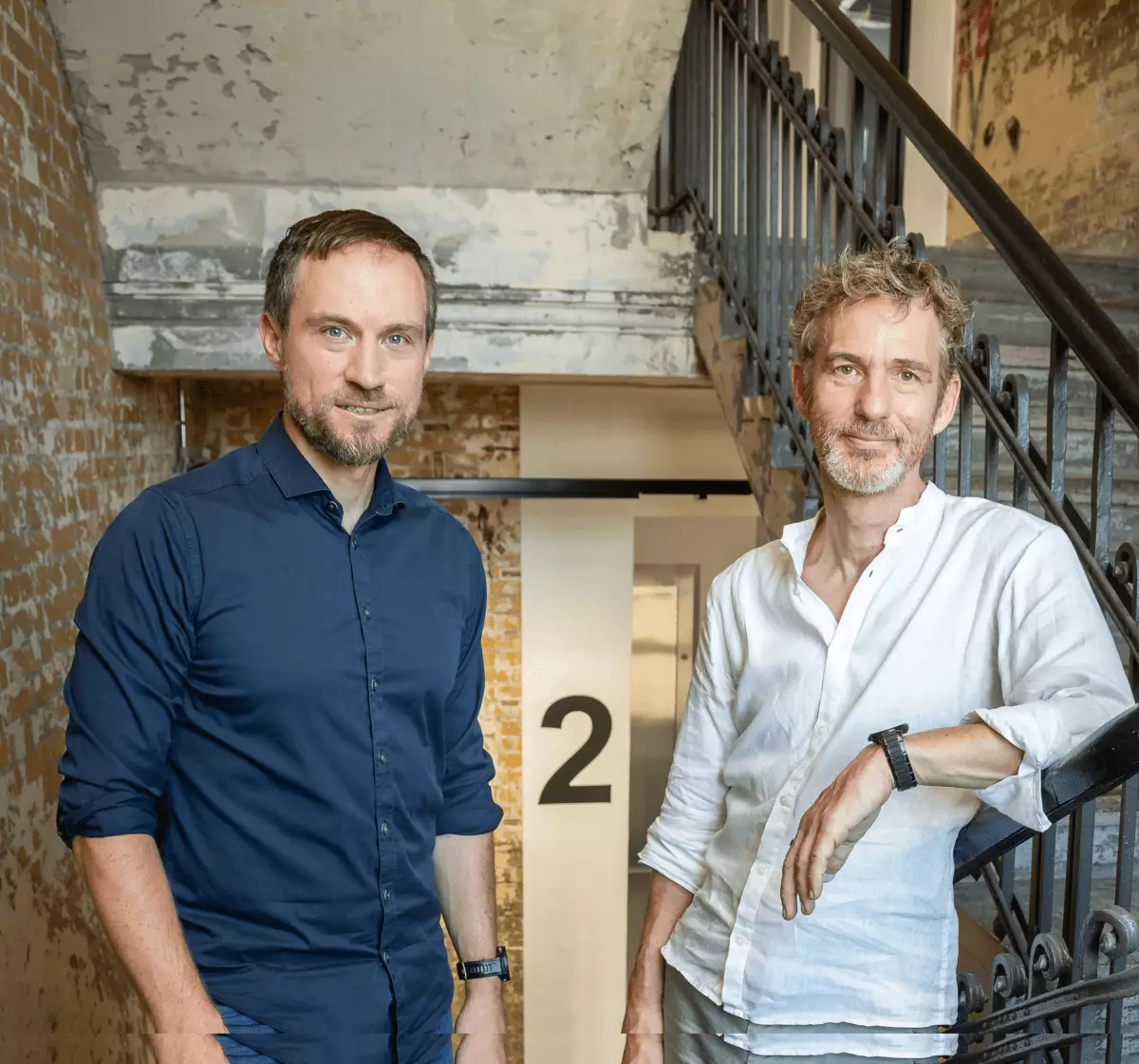The language learning industry recently marked a significant transition with Arne Schepker’s resignation as CEO of Babbel, a respected Berlin-based platform known for its innovative approach to language education. Schepker, who has served as the CEO for nearly five years, cited personal factors and the need for 180% commitment to the role as reasons for his decision not to renew his contract. Replacing Schepker is Marcus Witte, one of Babbel’s co-founders, who will step back into the leadership position as executive chairman and managing director. This shift heralds a new chapter in Babbel’s journey, one that plans to integrate artificial intelligence (AI) more thoroughly into the company’s offerings.
Schepker’s departure comes not only as a surprise but also as a culmination of introspection regarding his role. During an interview, he shared that he no longer felt the drive necessary to execute his responsibilities effectively. Recognizing his limitations, he expressed gratitude for the foundation laid by Witte, emphasizing that Witte’s return provides a seamless transition amidst changes within the company. This candid reflection reveals the personal struggle Schepker faced, which many leaders confront in high-pressure environments.
Schepker’s tenure at Babbel has seen remarkable growth, with the company’s revenue skyrocketing sixfold to approximately $300 million and its workforce expanding to nearly 1,000 employees. However, beyond fiscal metrics, he expressed pride in Babbel’s responsiveness during the pandemic, stating that the company provided essential language support to communities in need, such as Ukrainian refugees. This commitment to social responsibility underlines the company’s culture and purpose, distinguishing Babbel from its competitors in the language learning space.
Schepker’s leadership style was heavily focused on human connection, and he strongly believed in fostering community through language learning. He acknowledged this critical mission, stating, “The problem to solve is still human language learning.” This ethos resonates deeply with global audiences as individuals increasingly seek to connect across linguistic divides. Thus, Babbel’s success is not solely measured by numbers but by its ability to enrich lives through meaningful communication.
As Babbel enters this transformative phase, Witte aims to leverage advances in AI technology to revolutionize language learning. Historically, while the platform utilized machine learning discreetly, it has not prominently advertised itself as an “AI company.” Moving forward, Witte acknowledges the urgent need to adapt to rapid technological advancements, pushing the company to remain nimble and responsive. He recognizes that the pace of change in AI necessitates a shift in strategy and adaptability more than ever before.
Witte’s focus on integrating AI into Babbel’s curriculum not only reflects the current industry landscape but also highlights a commitment to evolving pedagogical methods. The ability to harness AI allows for more personalized learning experiences, offering a tailored approach to language acquisition. “We are reaching a point where the existing barriers are beginning to dissolve,” Witte remarked, indicating a positive outlook on the convergence of language technology and education.
One of Witte’s key aspirations for the company is to create “moments of delight” for users and employees alike. This ambition reinforces the importance of engagement and user satisfaction, which are crucial for retaining customer loyalty in a competitive market. As technology continues to evolve, the challenge is not merely to incorporate AI but to ensure that such advancements enhance the overall experience for learners.
In this context, fostering a workplace that champions creativity and innovation will be vital for Babbel’s sustained success. Witte’s leadership aims to blur traditional boundaries of language education, expanding accessibility and inclusivity while incorporating fun and interactivity into the learning process. In doing so, he hopes to capture the essence of what language learning should be—a joyous journey to connect with others and oneself.
As Babbel embarks on this new phase under Witte’s guidance, the language learning platform is positioned to become a frontrunner in harnessing AI responsibly and creatively. The journey ahead will not be without challenges, but it also holds immense potential for innovation and growth. With a rich legacy of prioritizing human connections and a commitment to using technology to facilitate those connections, Babbel is well-equipped to navigate the complexities of the evolving education landscape.
Ultimately, the upcoming years are set to redefine linguistic education, reshaping not only how languages are taught but also how individuals engage with them. The challenges faced will catalyze Babbel’s evolution, driving the platform to fulfill its mission of connecting the world through language. The interplay between leadership, technology, and mission is bound to shape a new horizon for Babbel, promising an exciting future for learners around the globe.

